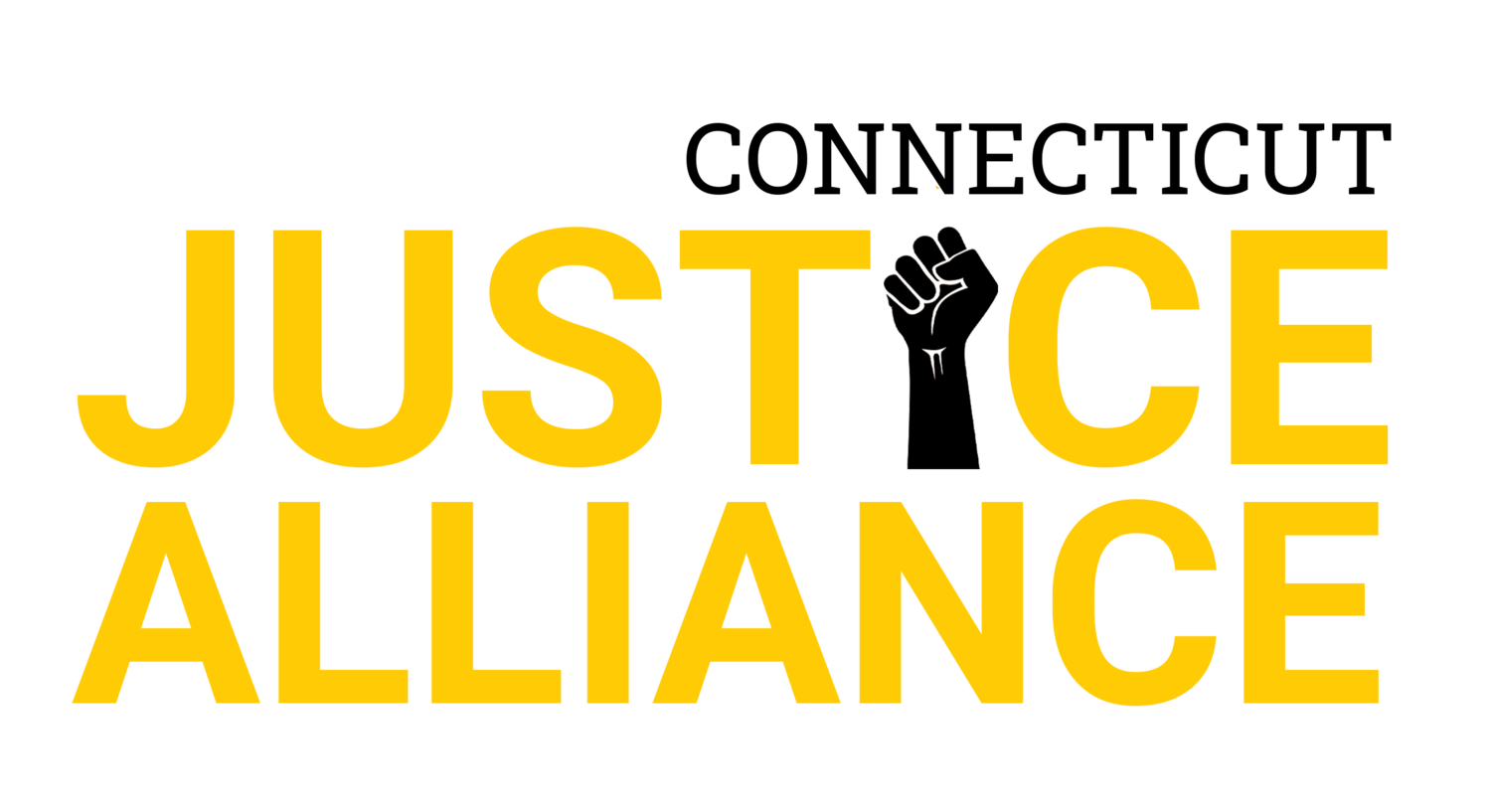Students Need More Resources, Less Officers
CT VIEWPOINTS by TENILLE BONILLA | MARCH 5, 2021
“School resource officer” is just a nice way to say cop. But what students really need is more resource and less officer.
Last year, in a huge win for justice advocates, organizers and communities across the state, the Connecticut legislature passed a widely contested police accountability bill, which among other things changed legal protections for officers who have committed wrongdoings and included measures intended to prevent abuses of power before they occur. Though it still needs to be fully implemented, the bill is a huge step forward towards holding police accountable for any and all abuses of power, and preventing harm in the first place.
But despite the many significant measures included in the bill, one thing was sorely missing — any mention of removing or fundamentally changing the role of school resources officers (SROs) within schools.
Schools should serve as a place of learning, growth, and in some cases escape — and for many students they do. But for students in schools with SROs, young people are more likely to be referred to law enforcement, face arrest, or experience the trauma of watching a classmate enduring an arrest. For many Black and brown students coming from already over-policed communities, attending schools with SROs means that they are being subjected to policing both inside and out of the classroom.
Out of the three words in the title ‘school resource officer,’ the term ‘officer’ stands out the most to me. By the end of 2020, many viewed that word as being synonymous with brutality, injustice, and white supremacy — everything opposite of what it should represent.
By prioritizing cops in schools over the resources needed to ensure all students have a fair shot at succeeding, we make it clear to our kids, especially Black and brown kids, just what our priorities are: we would rather punish young people for their misbehavior than invest in their growth. And let me be clear, school resource officers are cops — cops who are not required to take any additional training to be in a school setting, or to deal with young people in need of mental health or behavioral support.
The discussion around whether there is a place for cops in schools has been hotly contested recently, with the New Haven Public Schools’ Security Design Committee recommending that New Haven keep SROs while also providing schools with more psychologists and social workers. The idea being that with the additional support for students, schools will ultimately be in a place where they do not have a “need” for SROs. This idea is fine in theory, but studies have shown that having an SRO in a school does not measurably make the school safer. So if SROs do not increase safety and instead actively cause harm, I see no need for them now. The school-to-prison pipeline does not need any extra support.
I do not want to negate the positive experiences with SROs some students have shared. Not all students in schools with an SRO will have a negative encounter. But singular, good experiences do not negate the harm caused to others. I myself am a former New Haven Public Schools student and, as an individual, I had nothing but positive experiences with the SROs in my middle and high schools. However, as a student, I also saw the negative and unnecessary experiences other students had with school resource officers. Whether it was tardiness without a pass or “attitude” towards a teacher, the first person contacted was an SRO to pull that child out of class. What is the need for students to be taken away from their education for simple things if those are the same students that will be looked down on when they’re lacking the education that was unnecessarily taken from them?
To better serve our students we need to be more proactive and less reactive. We must create and consider alternatives to dealing with student misbehavior that does not involve calling the cops. Students shouldn’t be arrested in schools for something that could be resolved through other means. When it comes to mental health and behavioral issues, instead of approaching with aggression and punitive tactics, we must adopt practices that address the root causes and help those issues heal from the inside out — while also giving added attention to repairing any harm that may have been caused.
On a larger scale, the Police Accountability Act has been an important, forward step towards a more just justice system. However, there is still much work to do on all levels. As individuals, organizations, and communities continue to fight for justice for victims of police brutality and other abuses of power, we must also set our sights on the end game – preventing abuses in the first place through the creation of just systems. For our students, that means more resources, less officers.
Tenille Bonilla is a Justice Advisor for the Connecticut Juvenile Justice Alliance.

